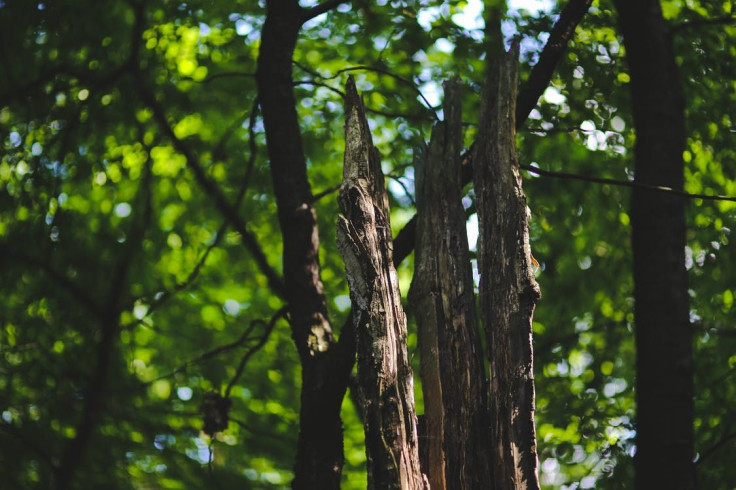Animal Traps Emerge As The Biggest Threat To Wildlife In South East Asia

Snares made of wire and rope have become the biggest threat to ground-dwelling animals in South East Asia, threatening the existence of various species.
The cheap and simple snares, made from bicycle and motorbike brake wires, are used by hunters in South East Asia to capture animals like wild pigs, deer, civets, and porcupines which people buy for food.
However, the problem with snares is that it endangers every animal caught in the trap even though they are not the actual target, Thomas Gray, science director with conservation group Wildlife Alliance told CNN. The animals which are trapped but don’t have any market value are left to rot.
According to him, myriad species which once thronged the forests of Southeast Asia like sun bears, striped rabbits, marbled cats, hog badgers, and monkeys are seldom found these days, in what conservationists call "empty forest syndrome."
"In some areas there are no mammals larger than a rodent left," Gray said.
One of the greatest threats facing wildlife in Southeast Asia is unsustainable levels of hunting#wildlifetrade #WildllifeAlliance #Cambodia #BackToTheWild #Conservation #Cardamom #IUCN #JoinTheAlliance pic.twitter.com/JKLwisMqa8
— Wildlife Alliance (@WildlifeRescue) February 13, 2019
According to him, more than 200,000 snares were removed from protected areas in the regions of Cambodia, Vietnam, and Laos between 2010 and 2015 by patrol teams, however, he believes they still are not able to keep up with the poachers.
Initially, snares were made from natural forest products making them weak and decomposable. However, wire snares require fewer skills to make and can last for years, making the encounter fatal for any animal that comes in contact with it.
Also, though the act of setting up snares is illegal in protected areas, Gray says that it is potentially risk-free as there is literally zero chances of a person being caught while setting up a snare.
The love for bushmeat which is seen as a prestige food in the urban elite, though illegal, is another reason for the increasing number of snares being laid to capture the wild animals. The hunters, who used to set snares and capture animals for their own consumption are now venturing deeper into the forests to find more games.
Gray believes that the growing illegal wildlife trade can be achieved through legislative reforms.
"If someone is walking in the forest with snare materials -- such as 50 motorbike brake cables -- they are clearly planning to set snares," he said, suggesting that even intent to set snares should be treated as a major crime.
According to Regine Weckauf, an illegal wildlife trade advisor with Fauna & Flora International, making people understand and stop consuming bushmeat would also help contain the poaching that is being done.
"In rural areas, people generally consume bushmeat because they like the taste. Often, they don't realize it's been sold illegally," Weckauf said. “In cities, many consumers know that wild meat is illegal, so providing it also sends the message, "I am untouchable.”
"We need to understand why people consume bushmeat and the best ways to persuade them to stop," he added.
Though Wildlife Alliance has been able to curb the activities of the poachers by working with the Cambodian Government, Gray believes it is not enough. He says more staff, more equipment, and more training is required to adequately deal with the problem they are facing.
Wildlife Alliance, which currently has 110 members, managed to confiscate 20,000 snares and destroy 779 illegal camps in 2018 alone.
© Copyright IBTimes 2025. All rights reserved.





















